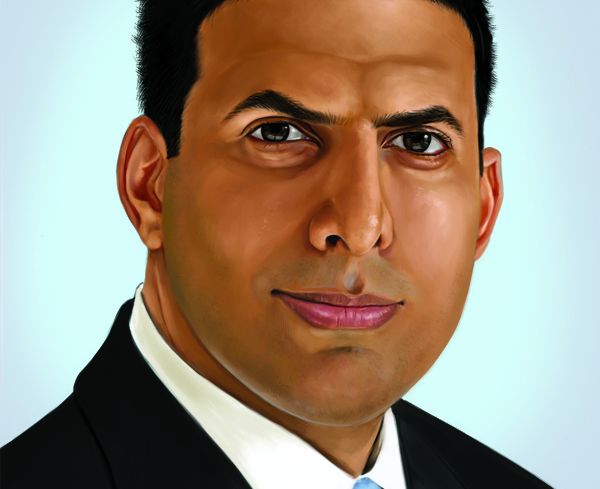Closing Bell: Sam Chandan Bids Farewell in Final Column
By Sam Chandan June 4, 2013 10:30 am
reprints
This week marks Sam Chandan’s final column for The Commercial Observer, but fear not—Mr. Chandan will continue publishing his insights on the economy and finance in New York City and abroad each month in the pages of The Mortgage Observer.
The Commercial Observer was a gamble. The country was still in recession when the paper launched in 2009. Conditions in the real estate market were grim. Even if there was something to say about it, the blogs had already announced the death of print. For the industry and the medium, it was an inauspicious moment.
And yet here we are.
A lot has changed since the paper launched.
A modicum of stability has been restored to the financial system. Rising home prices are lifting consumers’ estimation of the recovery. Most commercial properties in the Big Apple have recovered their lost value, and then some. Never humbled for long, prideful developers are once again driving the cranes ever higher. The research business is growing as well, as fast as my feet can carry me between continents.
A lot has stayed the same since the paper launched.
Financial services have not yet found their level. Across industries, too many Americans are out of work. Too many of the employed don’t care. Our democratic institutions are spellbound by their own dysfunction. Our meritocracy is rising to the occasion; the Federal Reserve, like nature, abhors a vacuum.
Painting with broad brushstrokes, the landed class has derided Washington as an impediment to growth. If only the government would get out of our way, we could accomplish wonders. There are exceptions. Please don’t distort the market, unless it’s the market for my borrowing costs. Stay out of the insurance business, unless it’s for my biggest building. And stop spending so much, unless of course it’s for my retrofit.
As property fundamentals improve, our industry’s biggest adjustment will be in relearning how to go it alone. The eventual rise in the cost of capital will be most painful where it has done the most to lift value. Both in terms of new transaction activity and the management of legacy distress, monetary policy interventions have played a critical role in stabilizing commercial real estate. But like any drug worth abusing, free money can eventually hurt more than it helps.
My first column in September 2009 for The Commercial Observer imagined a world without Fannie Mae and Freddie Mac. The government-sponsored enterprises had collapsed into conservatorship a year before the paper’s launch and were operating as wards of the state. As channels for the transmission of monetary policy to the apartment sector, they have been exceptionally effective.
As an augur of change in the structure of multifamily finance, I was too far ahead of the curve. Four years later, the recovery in housing has only now rendered the debate over the agencies’ future tolerable for realpolitik. In markets across the country, Fannie Mae and Freddie Mac continue to serve an important purpose in directing capital flows. Their withdrawal from these markets should be measured. In well-contested markets, it is past due.
The role of capital as a determinant of value is underestimated by our industry. That will be a challenge for apartments and commercial properties as fundamentals are called to substitute for the money press. It also reflects shortcomings in our willingness and capacity to anticipate the sources of risk. We were attentive for a moment. But cyclical attention to risk is not a substitute for structural change.
We are wont to forget. And so, as things get better, one of the most important legacies of the financial crisis is already endangered.



